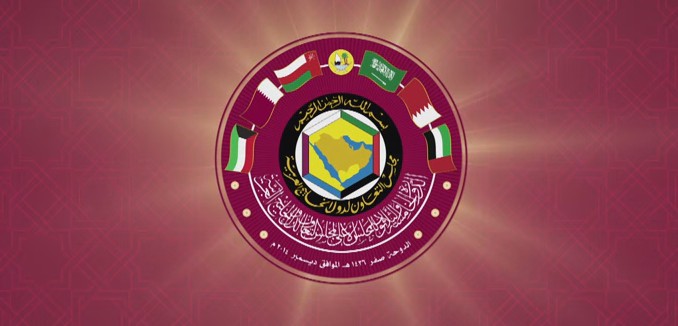The Gulf Cooperation Council (GCC) labeled the Iranian proxy group Hezbollah a terrorist organization on Wednesday. The move comes on the heels of Saudi Arabia’s decision to halt $4 billion in military aid to Lebanon due to its domination by Iran through Hezbollah, as well as Saudi government warnings to its citizens not to travel to Lebanon. Those decisions followed Beirut’s refusal to join the Arab League in its condemnation of the January attack on the Saudi embassy and a consulate in Iran, which prompted Riyadh and its allies to sever or downgrade diplomatic relations with the Islamic Republic.
In its statement, the GCC’s secretary general declared that its members “consider the actions of Hezbollah militias in GCC countries, and the terrorist actions and incitements it conducts throughout Syria, Yemen, and Iraq… a threat to Arab national security.” Hezbollah has played a crucial role in bolstering the Assad regime in Syria and assisting it in fighting opposition groups, many of which are backed by Saudi Arabia and other Gulf states. Iran has reportedly provided weapons, money, and training to the Houthi militia in Yemen, often channeling its support through Hezbollah operatives.
The GCC frequently accuses Tehran of fomenting domestic unrest in its member countries, and the GCC statement indicated that the decision to designate Hezbollah was taken “as a result of hostile acts by elements of (Hezbollah-linked) militias to recruit young men from GCC member states to carry out terrorist acts.” Bahrain claimed in January that it had uncovered a cell connected to Iran’s Revolutionary Guards and Hezbollah that was planning attacks in the kingdom. Also in January, a court in Kuwait sentenced 2 Kuwaiti Shiites with links to Hezbollah to death for spying for Iran and plotting attacks in the Gulf country. According to Michael Knights, fellow at the Washington Institute for Near East Policy, Iran and its proxies are also smuggling armor-piercing explosive devices to Shiite cells in Bahrain and Saudi Arabia, a move he argues has the “potential for destabilization” and “points to a wider pattern of increasingly bold IRGC risk taking.”
Israel, the U.S., and the EU have already designated Hezbollah as a terrorist organization. The group is responsible for killing more Americans than any terrorist group other than al-Qaeda. Israel and the GCC are both increasingly concerned about Iran’s expanding regional influence, and last June, Israel and Saudi Arabia acknowledged that they have been engaged in secret, high-level talks aimed at thwarting Iran’s regional ambitions. At the Munich Security Conference last month, Israeli Defense Minister Moshe Yaalon noted that any entity in the Middle East that is willing to help stabilize the region will find a partner in Israel, including countries that don’t have relations with the Jewish State, a reference to the Gulf states.
[Photo: Qatarconferences PCOC / YouTube ]




